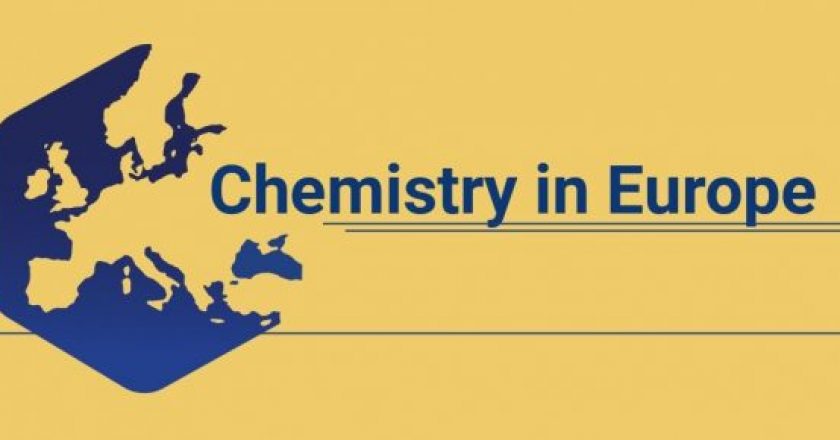This year’s Congress will be all the more special due to several awards being celebrated.
European Chemistry Gold Medal
Professor Bernard Lucas Feringa, Nobel Prize winner in Chemistry in 2016 will be awarded the first European Chemistry Gold Medal and will subsequently give the opening lecture at the Congress. The Gold Medal aims to reward the exceptional achievements of one scientist working in the field of chemistry in Europe. An International Award Committee is specially assigned to oversee nominations and submit a proposal to the EuChemS Executive Board.
EuChemS Historical Landmarks Award
The Liverpool Congress will also witness the very first EuChemS Historical Landmarks Award. The aim of the award is to reinforce a sense of belonging of European chemists, and to demonstrate to the public the vital link that exists between chemistry and our shared cultural heritage.
Following the recommendations of the Landmark Selection Committee and the decision of the EuChemS Executive Board, two awards have been given out – one focusing on the European-wide level of meaning of the landmark, and the other on its role played at the national or local level.
The Ytterby Mine, in Sweden, has been awarded the EuChemS Historical Landmarks Award in recognition of the role it played in the history of chemistry and European sense of belonging between people and ideas. The Ytterby Mine and the important chemical discoveries that were tied to it successfully exemplify the way chemistry is part of the general cultural heritage and history of Nordic, but also all European citizens.
The industrial complex of ABEA in Crete has been awarded the EuChemS Historical Landmarks Award in recognition of its role in fostering a deep link between chemistry and local cultural heritage. ABEA and the important chemical discoveries and developments that were tied to it successfully exemplify the manner in which chemistry forms an important element of the regional cultural heritage and history of Crete.
We hope that with these awards, the landmarks will become ever more familiar and well-known, where citizens will better understand and appreciate a significant moment when chemistry and history were forever tied together.
EuChemS Award for Service 2018
And last but not least, the Congress will also provide the opportunity to celebrate the outstanding passion, commitment and success that describes the work done by three exceptional professors. The EuChemS Award for Service 2018 has been awarded to Francesco De Angelis, Sergio Facchetti and Reiner Salzer. In our latest edition of Chemistry in Europe, we asked them three questions – read the short interviews here!



 With the Congress already shaping up to be the European Chemistry event of the year not to miss, EuChemS President, Professor Pilar Goya delves into what the Congress encompasses, how it brings together scientists from across Europe and beyond, and how it embraces an increasingly interdisciplinary agenda.
With the Congress already shaping up to be the European Chemistry event of the year not to miss, EuChemS President, Professor Pilar Goya delves into what the Congress encompasses, how it brings together scientists from across Europe and beyond, and how it embraces an increasingly interdisciplinary agenda. EuChemS Past President, and current Vice-President Professor David Cole-Hamilton demonstrates through a thorough and highly informative essay what EuChemS is, how it works, why it does what it does, and what it means for science and policy. By exploring our activities and events, Cole-Hamilton displays an active and lively network of scientists from across Europe who together develop unique scientific evidence and advice which we communicate to decision-makers in order to better inform their policymaking work. Formed in the 1970s, EuChemS has grown to represent some 160,000 individuals from 47 member organisations from over 30 countries!
EuChemS Past President, and current Vice-President Professor David Cole-Hamilton demonstrates through a thorough and highly informative essay what EuChemS is, how it works, why it does what it does, and what it means for science and policy. By exploring our activities and events, Cole-Hamilton displays an active and lively network of scientists from across Europe who together develop unique scientific evidence and advice which we communicate to decision-makers in order to better inform their policymaking work. Formed in the 1970s, EuChemS has grown to represent some 160,000 individuals from 47 member organisations from over 30 countries!





You must be logged in to post a comment.